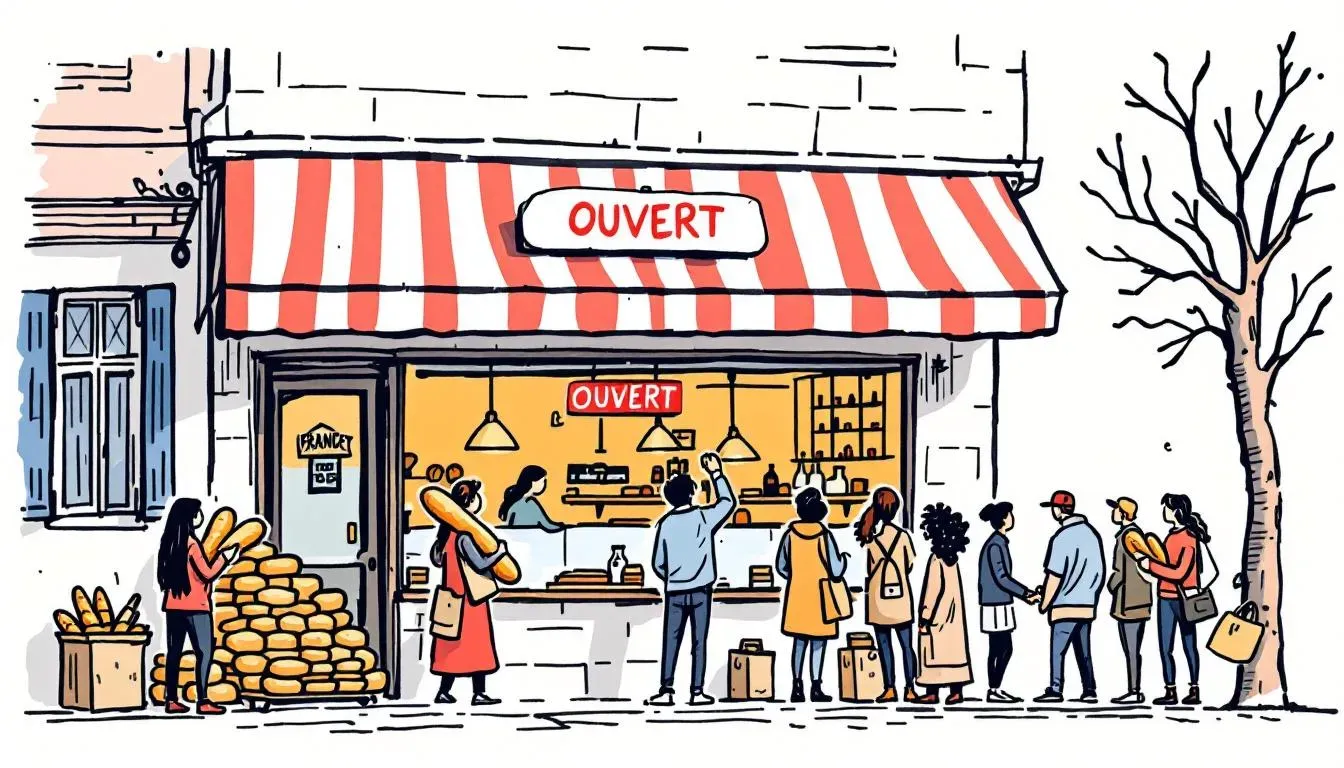The Daily Bread Law

Rea,
Do you remember when we were in France last summer how much we enjoyed the bread there? We loved having that morning assortment of baked goods from the local boulangerie - the fresh croissants, pain au chocolat, and those perfect baguettes.
Well, the French take their bread business really seriously. So seriously that they even have laws about it.
In 1993, the French government issued something called “Le Décret Pain” - literally “The Bread Decree.” This law defines exactly what can legally call itself a “boulangerie” (bread bakery) in France. You can’t just sell bread from pre-made dough and declare yourself a bakery. The bread must be “entirely kneaded, shaped and baked at the point of sale.”
The rules are strict. Bread can only contain four ingredients: wheat flour, water, salt, and a leavening agent. No preservatives or additives allowed. If you want to sell frozen or pre-made bread, you can’t use the word “bakery” at all - you have to call yourself a “bread house” or “bread depot” instead.
This law protects small, independent boulangeries from being undercut by big grocery stores that use pre-made dough. When every real bakery has to make bread fresh on-site, it keeps the playing field fair for neighborhood bakers who’ve been doing it the traditional way for generations.
The French have been making bread laws for centuries. In 1793, after the French Revolution, they decreed that wealthy people couldn’t hoard bread while poor people went hungry. Everyone had to eat the same “Bread of Equality.” Even a 1920 labor law accidentally influenced the long, thin shape of baguettes we know today.
These aren’t just random rules - they’re about preserving what French communities value most. Fresh bread, made by skilled bakers, available in every neighborhood. The laws ensure that when you walk into a boulangerie, you’re getting something made with care, not mass-produced in a factory.
It makes you think about what we take seriously here in America. We live in Austin, Texas, where barbecue is a huge deal. But are there laws protecting how barbecue is made? What about other foods or traditions that are so important to American communities that we’ve written laws to protect them?
Sometimes the things a society chooses to regulate tell you what they value most. For France, it’s the daily ritual of fresh bread, made by hand, connecting neighbors to their local baker.
Love, Abba
P.S. Next time you’re somewhere new, pay attention to what that place takes seriously enough to make laws about. You might be surprised what you discover about what different communities value most.

